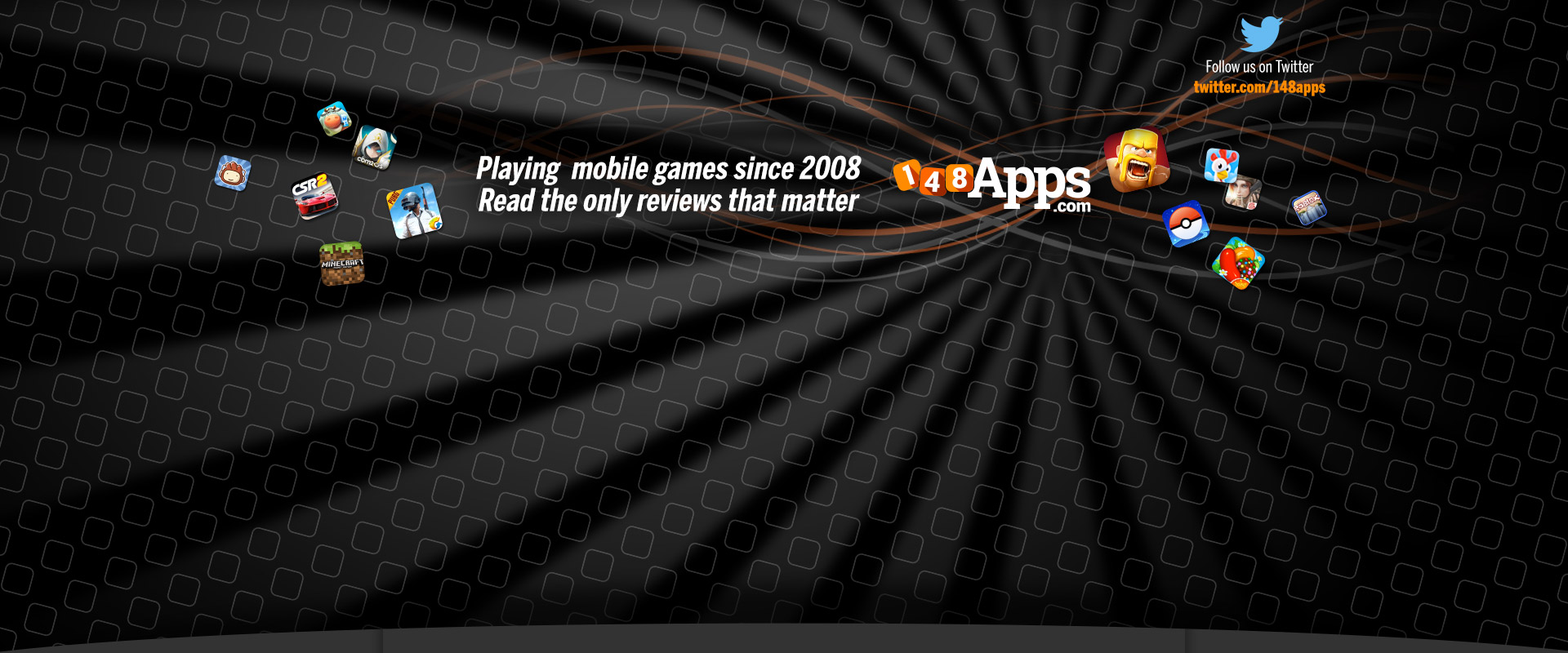Apple Revises Much-Ballyhooed Subscription Rules
![]()
However, Apple has largely rescinded these rules, allowing for apps to continue to offer access to media and subscriptions without offering to sell them through the App Store as well. However, Apple has changed a policy to where apps cannot offer a link to buy these subscriptions and media through the app. This means that the Kindle app will likely have to remove its button to open up the Amazon web site to buy books. However, services like Netflix would not have to risk choosing between the sizable iOS user base and starting to give Apple a 30% cut of their subscription fees for subscriptions purchased in the app itself.
For those looking to start using Apple's in-app subscription model, it appears that Apple has offered them a reprieve as well. Previously, according to Apple's App Store Review Guidelines rule 11.13, "Apps can read or play approved content (magazines, newspapers, books, audio, music, video) that is sold outside of the app, for which Apple will not receive any portion of the revenues, provided that the same content is also offered in the app using IAP at the same price or less than it is offered outside the app. This applies to both purchased content and subscriptions." This price requirement has been removed, so hypothetically apps could raise their subscription prices on iOS in order to compensate for Apple's 30% cut.
The modification of these subscription rules will ultimately be good for developers and users; if left in place, they could have made releasing apps on iOS an unprofitable decision, limiting the potential of iOS devices solely because Apple felt like taking a cut from developers. This move is ultimately good for all parties involved, and Apple stepping down on this requirement shows that they are willing to listen to the outrage from their community.
Source: All Things D


